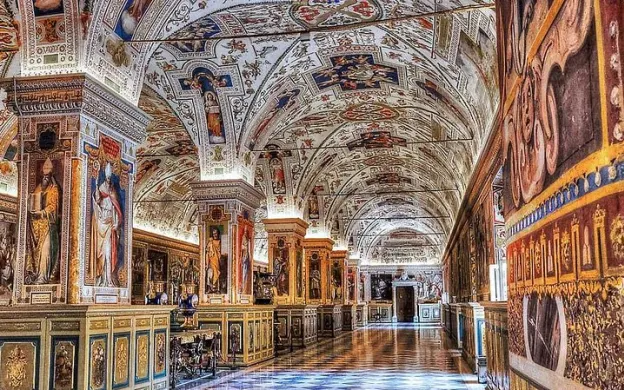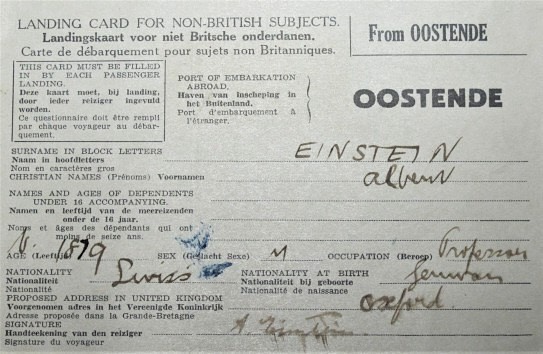The Vatican’s Sovereignty . The Vatican, the smallest independent state in the world, is often viewed as a symbol of spiritual authority and religious significance. But beyond its profound religious importance, the Vatican operates as a fully functioning microstate with its own set of unique institutions and services that are entirely independent of any other country. Despite its small size, the Vatican has developed a number of facilities and services that make it stand out in the world of international governance.
One of the Vatican’s most intriguing features is its telecommunications infrastructure. It has its own telephone company, known as the Vatican Telephone Service, which provides exclusive telephone services to the residents and officials within Vatican City. This allows for direct and private communication, unimpeded by the public telecommunications networks of Italy or other nations. The Vatican’s commitment to self-sufficiency extends into other areas, including its radio and television services. The Vatican operates its own radio station, Vatican Radio, which broadcasts in multiple languages worldwide, delivering content related to the Church, religious news, and cultural programming. In addition to radio, the Vatican also has its own TV station, Vatican Television Center (CTV), which broadcasts a wide range of content, including papal ceremonies, church events, and other religious programs, all of which are crucial in spreading the messages and teachings of the Catholic Church.
In addition to its media infrastructure, the Vatican has its own postage system, with stamps that are highly sought after by collectors. These stamps are printed in limited quantities and often commemorate significant events within the Church or papacy. The Vatican’s independence also extends to its economy, where it has its own currency, the Vatican lira, which was used until it was replaced by the euro in 2002. However, despite this change, the Vatican maintains strict control over its finances and economic activities, including its banking system, which remains an essential part of its operations.
Perhaps one of the most unique features of the Vatican is its own army, the Swiss Guard. Established in 1506, this highly trained military unit is responsible for the protection of the Pope and the security of Vatican City. Members of the Swiss Guard are known for their distinctive Renaissance-era uniforms and their unwavering loyalty to the Holy See. This small but highly organized army serves not only as protectors but also as a symbol of the Vatican’s sovereignty.
Together, these elements underscore the Vatican’s unique status as an independent entity with its own infrastructure, services, and authority, all of which contribute to its standing as a key player in both religious and international matters. The Vatican’s Sovereignty


